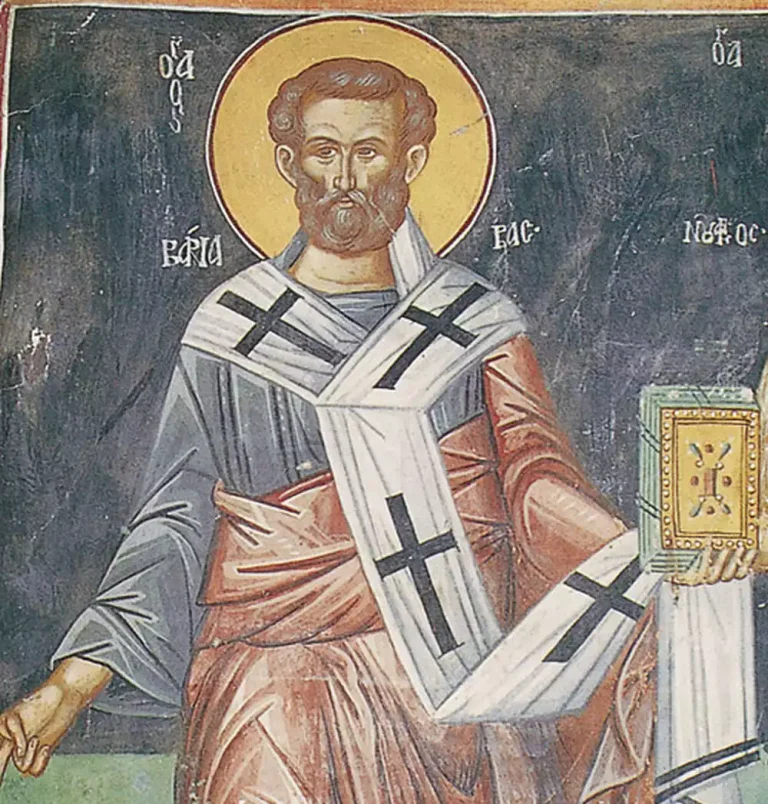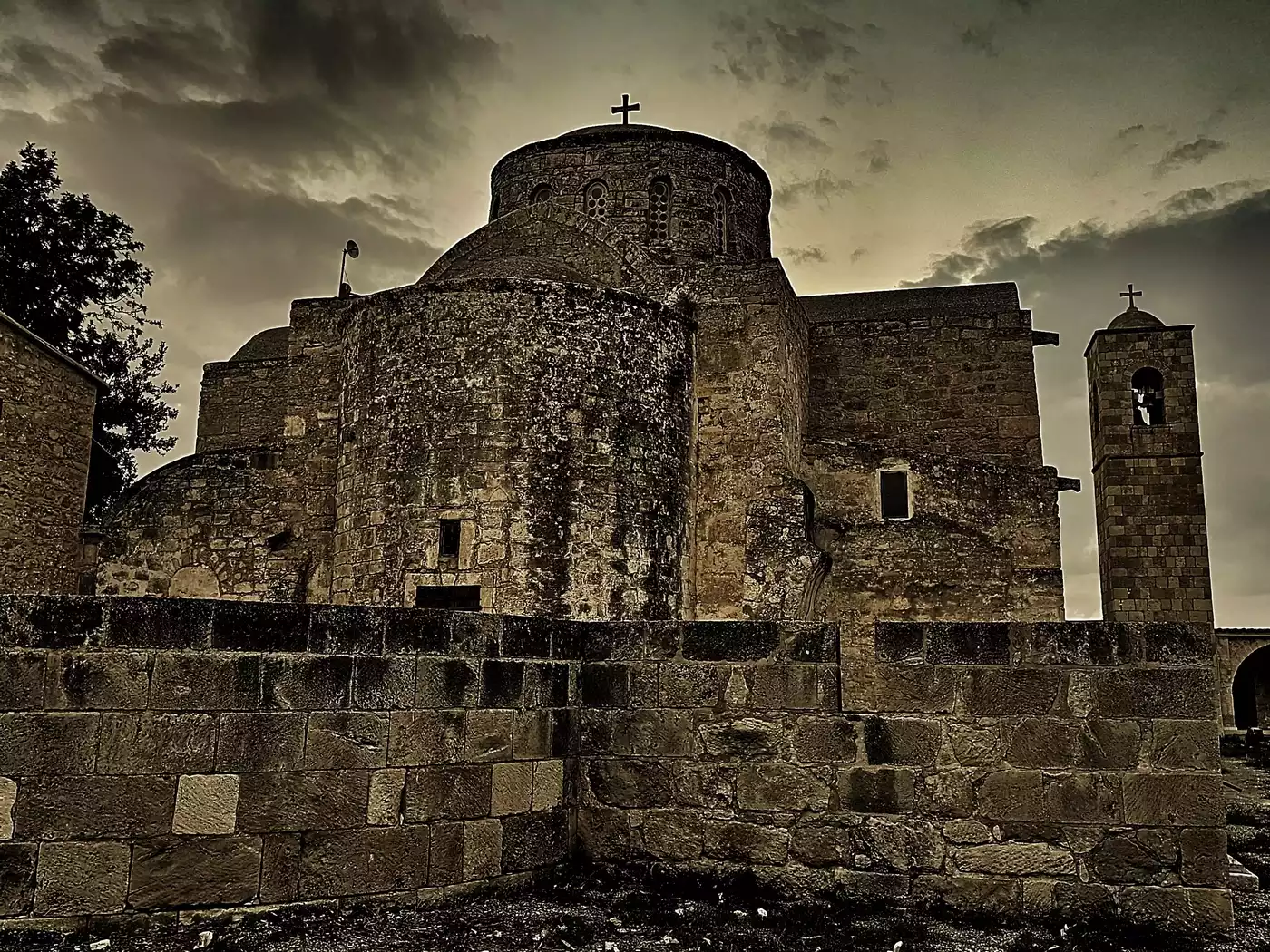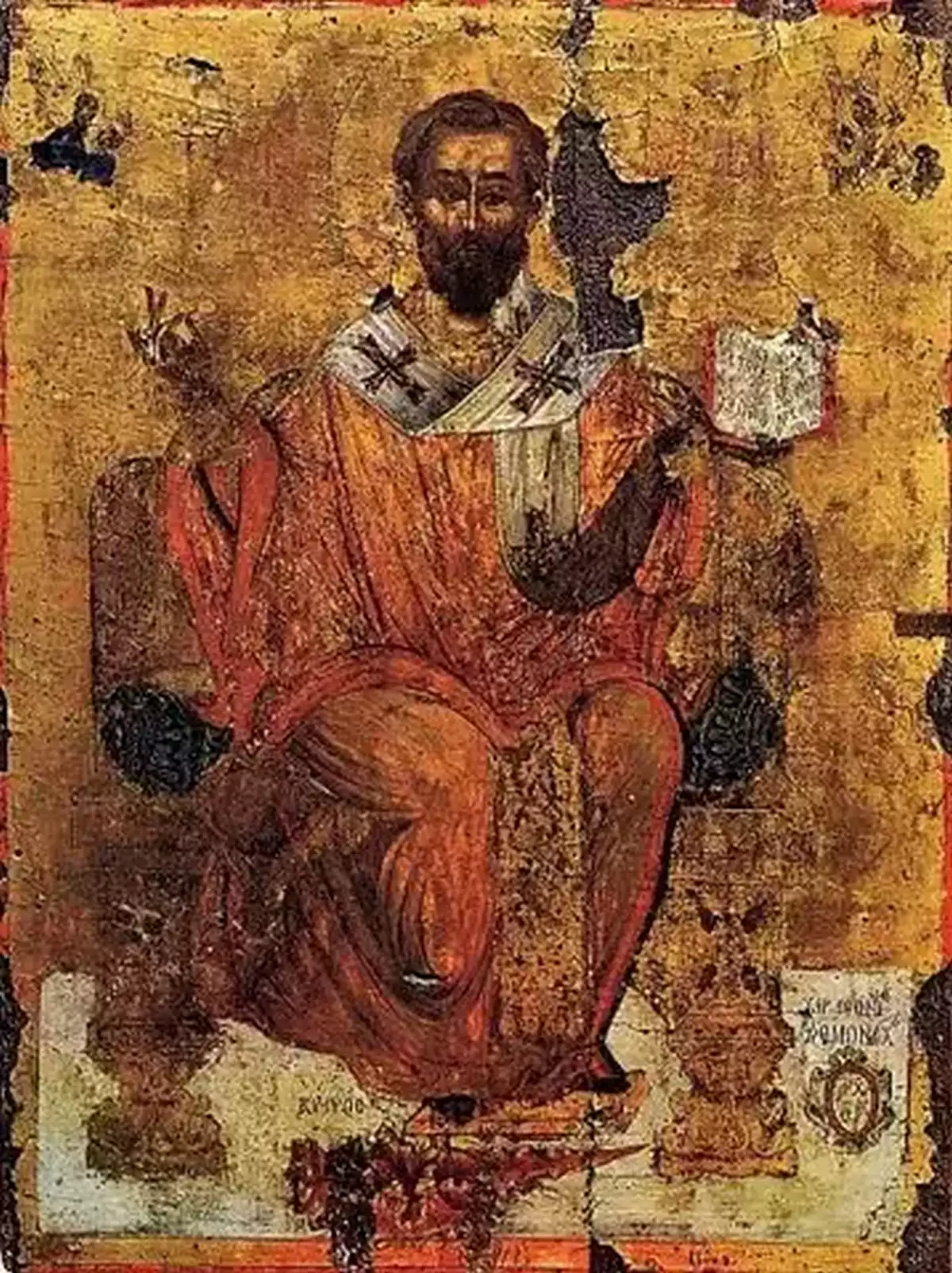
Saint Barnabas, a pivotal figure in early Christianity, was a missionary and companion of Paul. His life, spanning the first century AD, marks significant contributions to the spread of Christianity. Although exact dates of his birth and death are uncertain, his impact remains undeniably profound in Christian history.
Early Life and Conversion
Saint Barnabas, originally named Joseph, hailed from Cyprus, a Levite by lineage. His journey into Christianity began with his conversion in Jerusalem. An early adherent of Jesus’ teachings, Barnabas became a distinguished member of the nascent Christian community. His generosity is highlighted in the Acts of the Apostles, where he sold a field and donated the proceeds to the community, exemplifying the spirit of early Christian communal life.
The transformation from Joseph to Barnabas, meaning “son of encouragement,” signifies his pivotal role as a nurturer of faith and fellowship. His transition from a Jewish Levite to a Christian missionary encapsulates the broadening scope of early Christianity, transcending ethnic and cultural boundaries.
Missionary Work with Paul
The missionary endeavors of Saint Barnabas are most notably intertwined with Paul. After Paul’s conversion, it was Barnabas who introduced him to the apostles in Jerusalem, bridging the gap between the former persecutor of Christians and the fledgling Christian community. This act of trust and reconciliation by Barnabas was instrumental in Paul’s acceptance and subsequent missionary work.
Their first joint missionary journey, as recorded in the Acts of the Apostles, commenced from Antioch to Cyprus and then to Asia Minor. This journey marked a significant expansion of the Christian message beyond the confines of Judaism, reaching Gentile communities. Barnabas, with his understanding and empathetic approach, played a crucial role in navigating the complex cultural and religious landscapes they encountered. This period was crucial in establishing the church’s approach to Gentile converts, a foundational aspect of Christian expansion.
Their partnership, although fruitful, was not devoid of challenges. Disagreements and divergent visions for the mission led to their eventual separation, with Barnabas returning to Cyprus and Paul continuing his journeys elsewhere. However, this divergence did not diminish the impact of their collaborative efforts in the early spread of Christianity.

Contribution to Early Church Councils
Saint Barnabas significantly influenced early church councils, particularly the Council of Jerusalem. His role in advocating for Gentile Christians was crucial in shaping the early church’s inclusive approach. The council, grappling with the question of Gentile conversion, benefited from Barnabas’ experience and insights. He, alongside Paul, argued for a Christianity open to all, irrespective of Jewish law adherence, a stance that played a fundamental role in the spread of Christianity.
His contributions extended beyond doctrinal debates. Barnabas’ emphasis on charity, unity, and forgiveness echoed throughout his ministry, reinforcing the early church’s ethos. His approach to resolving conflicts, as seen in his mediation between Paul and other apostles, showcased his dedication to maintaining the church’s integrity and unity.

Legacy and Martyrdom
Saint Barnabas’ legacy is embedded in his role as an encourager, mediator, and missionary. His martyrdom, though details are scant and vary, is believed to have occurred in Cyprus. According to tradition, he was stoned to death, and his death is seen as a testament to his steadfast faith and commitment to spreading the gospel.
His influence persists in the church’s missionary work and ecumenical relations. Saint Barnabas remains a symbol of unity and reconciliation within the Christian faith, inspiring generations of believers in their spiritual journey.
Saint Barnabas’ life and ministry encapsulate the essence of early Christian missionary work. His collaboration with Paul, contributions to the early church, and enduring legacy highlight the integral role he played in shaping Christianity. His story is a testament to the power of faith, unity, and the transformative impact of dedicated individuals in religious history.
Feast Day: June 11
References
- Church of Cyprus. “Saint Barnabas: His Life and Legacy,” accessed 29 December 2023.
- I. M. Paphou. “Ο Άποστολος Βαρνάβας (Apostle Barnabas),” accessed 29 December 2023.
- Johnson, Luke Timothy. “The Writings of the New Testament: An Interpretation.” Fortress Press, 1999.
